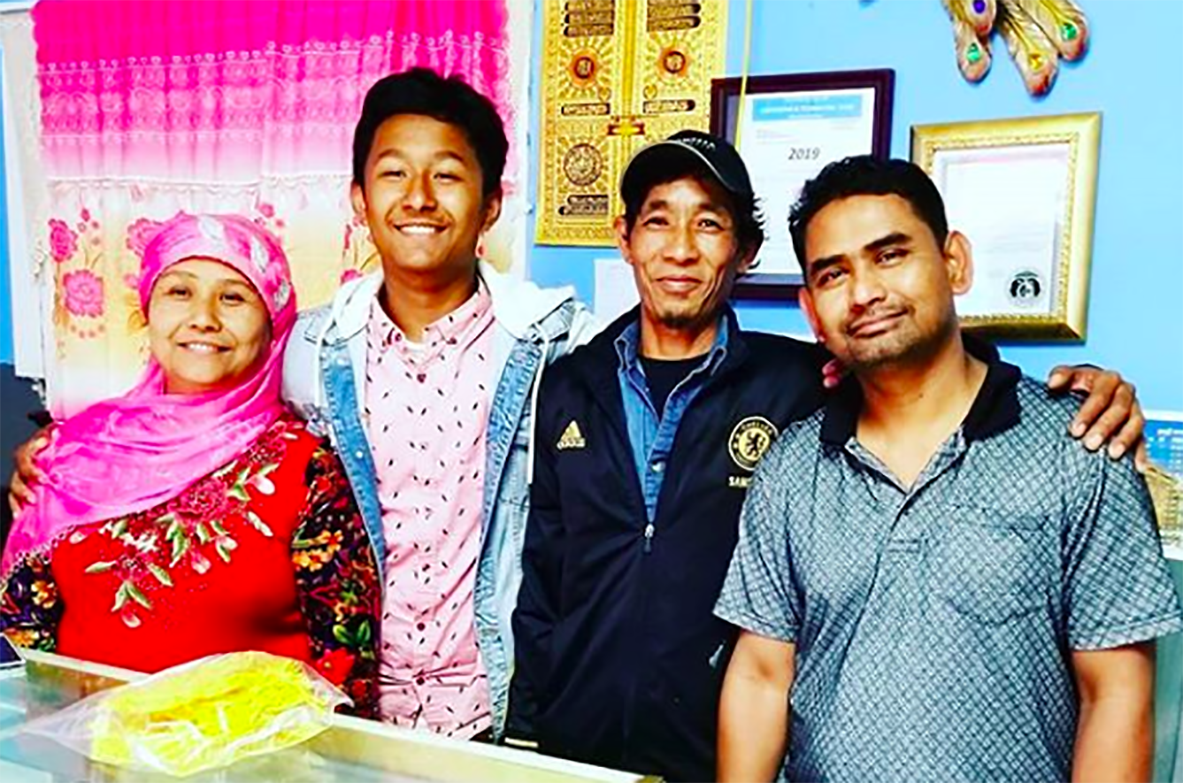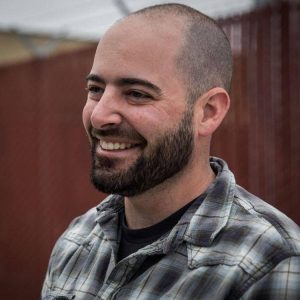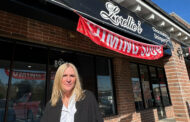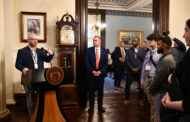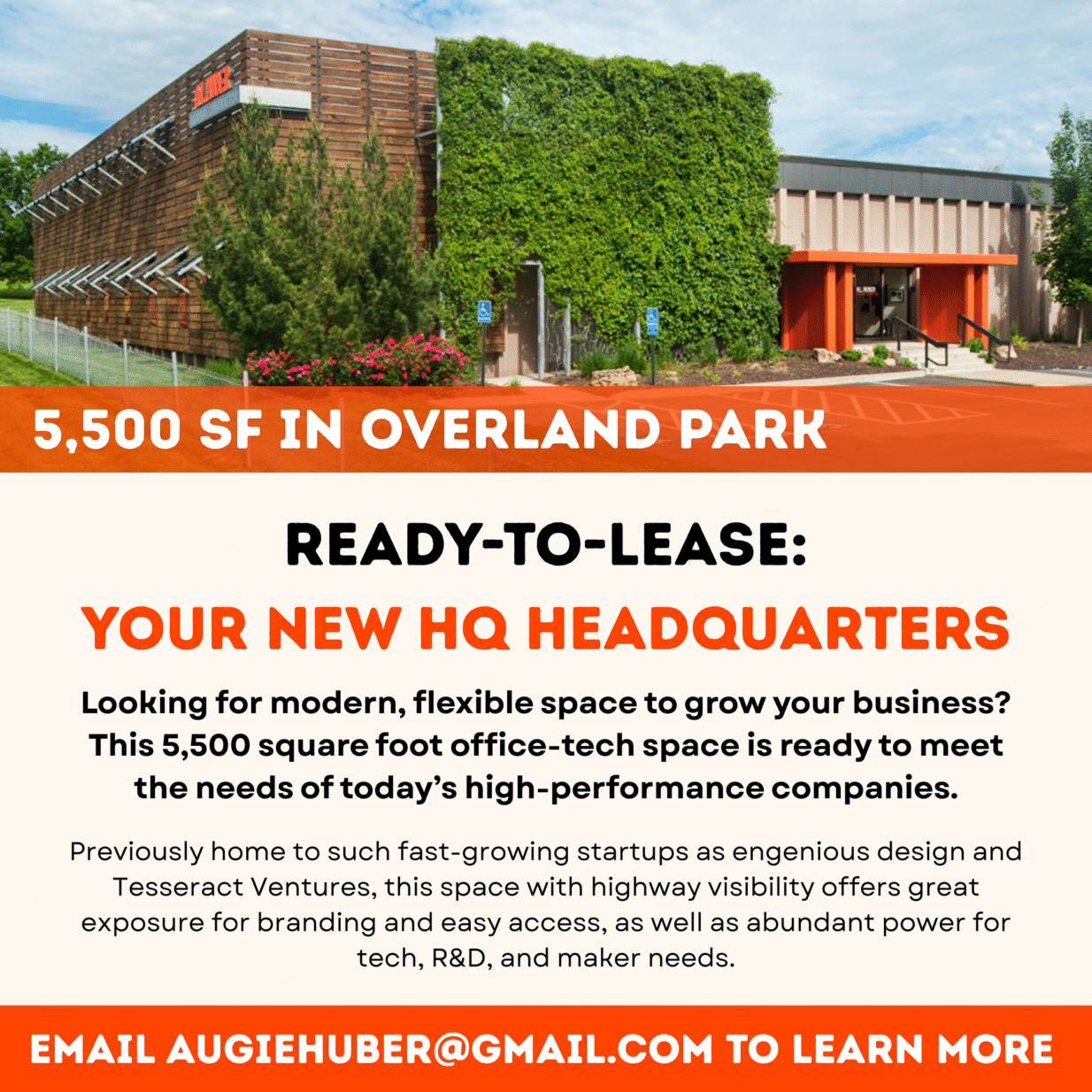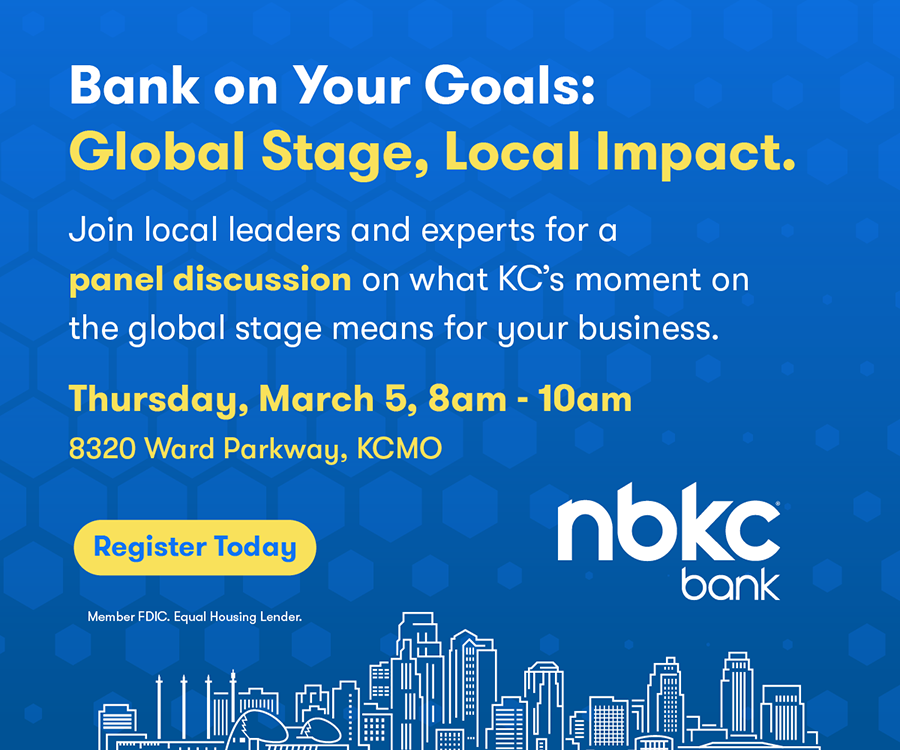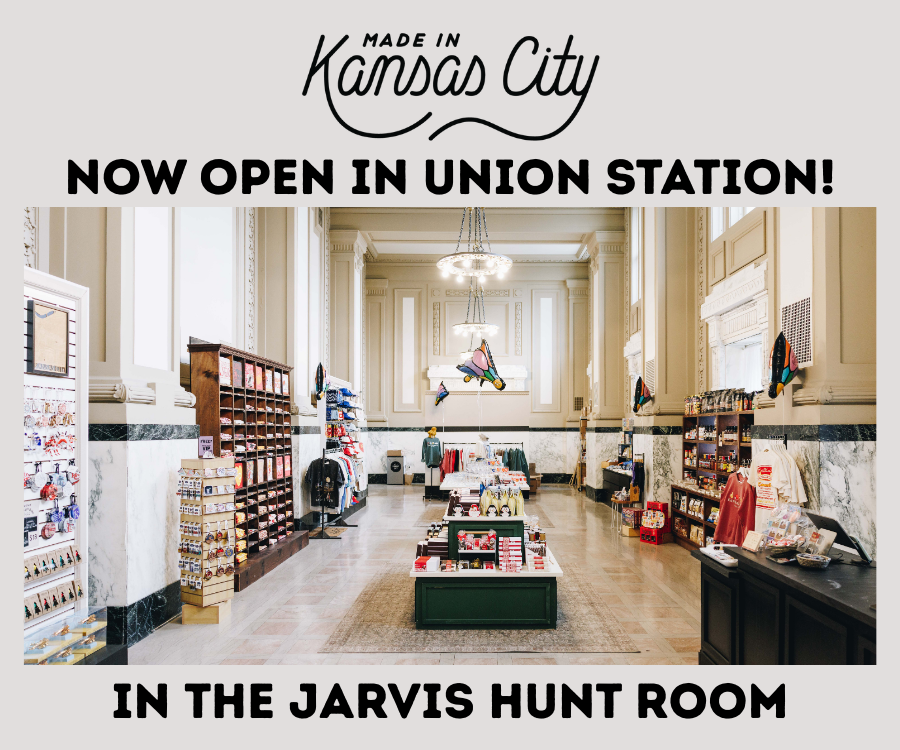Kansas City’s culture is increasingly shifting to include and highlight immigrant entrepreneurship, said Danielle Lehman, though the true impact is still largely unappreciated.
“I think there’s a disconnect between people who are enjoying the food [from immigrant-owned restaurants] and you’ll see a picture on instagram, but they never get to know the people that make the food,” said Lehman, host of the “Open Belly” podcast which works to highlight immigrant restaurant owners and the inclusive power of cuisine. “One of the chefs I interviewed in New York said, ‘You know, if you want to enjoy Mexican food, you have to accept that people are making that food as immigrants, as working-class folks, and maybe undocumented folks.’”
“I am a person of privilege that can’t really speak to what it feels like to live in this city as a person of color or as a refugee,” she added. “So from my perspective, it feels like a lot has changed in the last 10 years, but we still have a ways to go.”
“Open Belly” is currently in its second season, exploring the immigrant-owned eateries in New York City. Click here to listen.
A part of the New American Festival event series, national immigrant-focused nonprofit New American Economy partnered with ChowNow and “Open Belly” for a Thursday event at the Crossroads Hotel to discuss the story of Swa Dit, the creator and chef at the Burmese restaurant Sone Ze Ya, and to premiere a documentary exploring the refugee founder’s story directed by filmmaker David Brick.
“It’s important for us to tell these stories,” said Brick. “We’re limiting ourselves if we stay in our bubble and not welcoming these people in our communities. I mean, the name of their restaurant literally means, ‘Everyone come together.’”
Click here to watch the full documentary.
The Dit family fled from war-torn Myanmar and traveled via a refugee camp in Thailand to briefly live in Texas and, finally, Kansas City. Once there, the family settled to found Sone Ze Ya and begin to share the Burmese culture through food, explained Ra Mat, Dit’s 16-year-old son who translated questions and answers for his father.
Traversing miles of inhospitable Myanmar to reach their destination included more than four days of walking through fields of landmines without food and countless other dangers, he added.
“The only thing [my father] came here for is for his kids, his family and getting an education …” said Ra Mat. “He started making food better and better each time [once in KC] and it made him happy that customers [loved it too].”
Setting up Sone Ze Ya — on 4432 St. John Ave. in Northeast Kansas City — required intense labor to finalize — including days of mopping up the space because of a flooding issue — they said. The long journey from start to finish was worth it, considering the community support for the restaurant and it’s family, he said.
“We’re very happy to be here,” Ra Mat added, laughing.
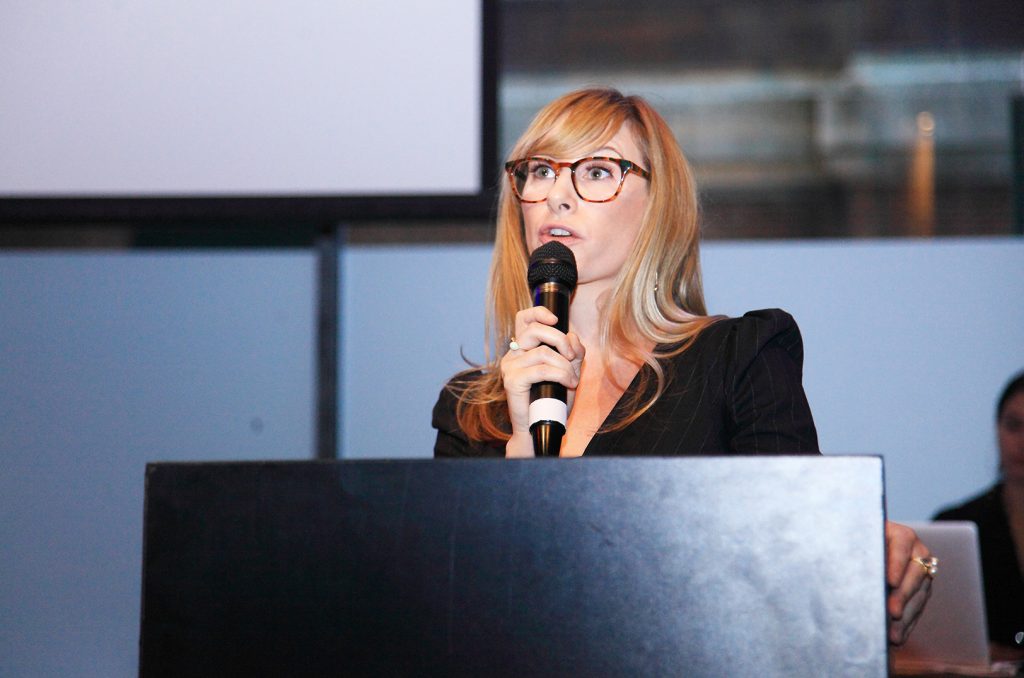
Katherine Steinberg, New American Economy; photo by Amy Marcus
“There’s nothing people don’t like about being well-fed,” added Katherine Steinberg, director of content strategy for New American Economy (NAE). “‘Everyone comes together’ is such a beautiful sentiment and it’s like you’re selling a message and a feeling of inclusivity in a way that I think is so important.”
Click here to learn more about New American Economy.
The goal of events like these is to combat the increasingly negative viewpoints surrounding immigrants and refugees in the U.S., she said, noting NAE was founded in response to this shifting narrative in 2010.
“Immigration is part of the fabric of who America is… it’s one of our strengths and it’s being attacked,” Steinberg said. “So what we’re trying is reshape that narrative, right? We’re getting people together to explain that immigrants and refugees are not only welcomed here but actually create the culture that we enjoy. They are an indelible part of the fabric here.”
Connecting with “Open Belly,” ChowNow and the Greater Kansas City Chamber of Commerce were key to the success of the New York-based nonprofit’s events and presence in Kansas City, she added.
The conversations they wish to spark have come more naturally in the KC region than expected, added Sam Schwarz, communications associate at NAE.
“During our work here, we’ve discovered how open the community is to these kinds of programs and this kind of conversation in a way that that’s not always the case,” Schwarz said. “At first, I think we were a little bit surprised, but as we worked on programming here and came to learn who it is that lives in Kansas City, it’s become natural to have programs like this here.”
Storytelling can take many forms — including cuisine, said Brick.
“They’re telling us their stories. They’re telling us everything about themselves, trying to connect with us. It’s unbelievable,” he said. “It’s unbelievable how much humanity there is in the world and if we stay in our bubble, we kind of keep ourselves away from that. It’s easy to be subject to that rhetoric that a lot of people through media will spew … and it’s easy to dehumanize.”
“So we keep telling these stories because it reminds us that, you know, we’re all humans together,” Brick said.
This story is possible thanks to support from the Ewing Marion Kauffman Foundation, a private, nonpartisan foundation that works together with communities in education and entrepreneurship to create uncommon solutions and empower people to shape their futures and be successful.
For more information, visit www.kauffman.org and connect at www.twitter.com/kauffmanfdn and www.facebook.com/kauffmanfdn




